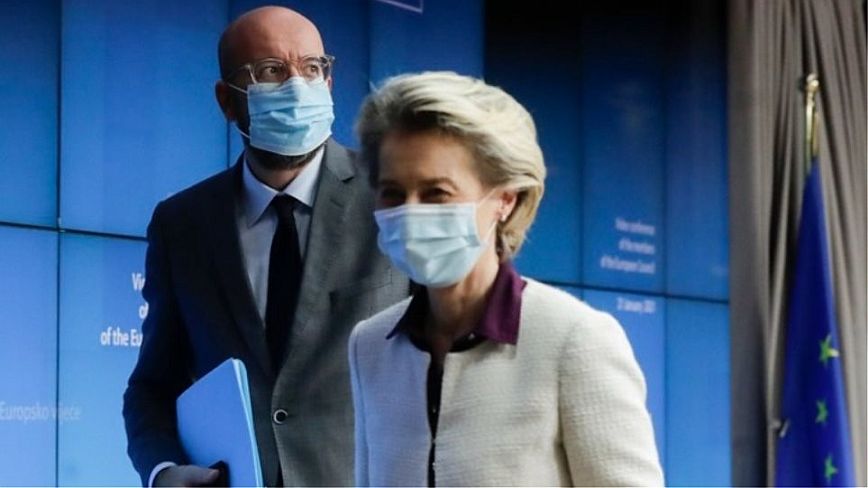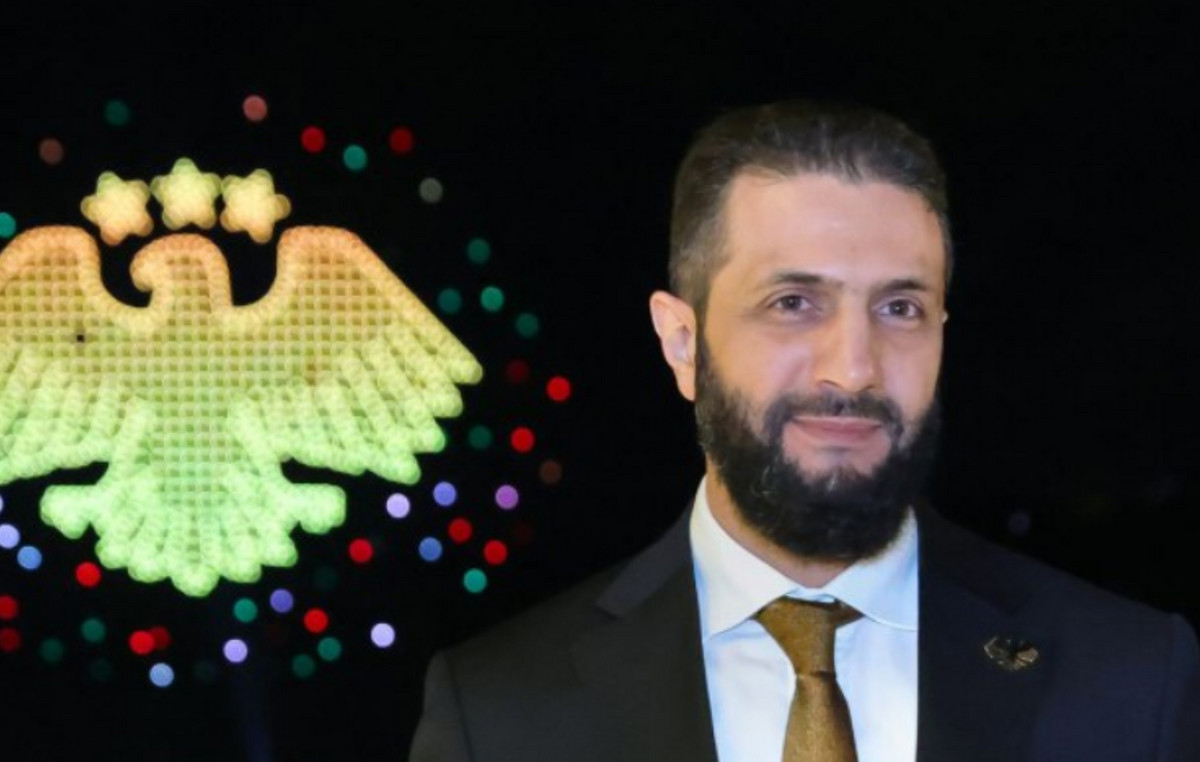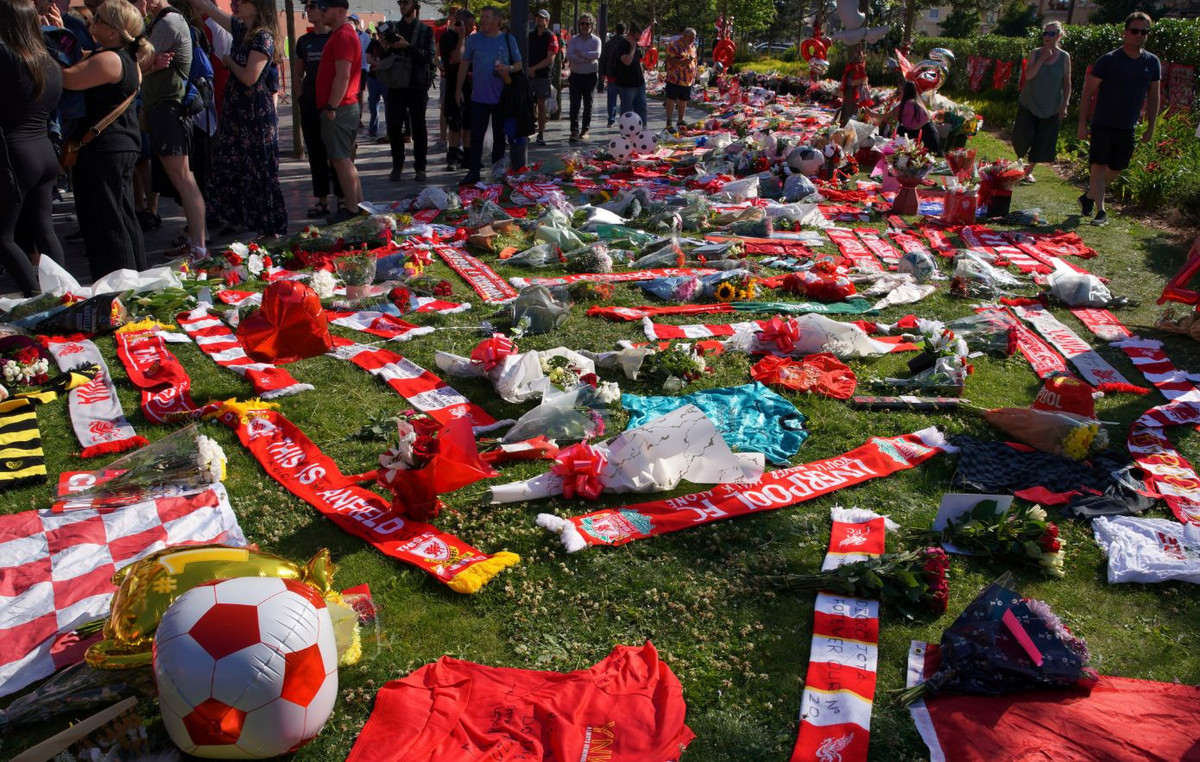
Criticisms against Ursula von der Leyen and the European Commission for being late in presenting concrete proposals to limit the increase in energy prices, the president of the European Council, Charles Michel, leaves in an interview published by the Belgian newspaper “Le Soir”.
“This is a situation that we do not discover today, it dates back even before the war in Ukraine”, points out the president of the European Council, recalling the conclusions of the Summits of March, May and June, during which the energy was in focus and the Commission was unanimously asked to submit proposals on key energy issues.
Regarding the increase in energy prices, Charles Michel emphasizes that “for many months, heads of state and government have been calling on the Commission to work on this issue”, specifically on price caps and the possible need to reform the electricity market energy.
“There was no consensus on the type of decision that should be taken, but there was a consensus to call on the Commission to submit concrete proposals,” emphasizes Charles Michel, noting that his remarks are not a criticism but a call to the heads of state and government. “There is a sense that the Commission wasted time, and that is unfortunate,” he stresses.
Asked if this delay can be attributed to the technical difficulties of the electricity market, Charles Michel answers:
“Technical difficulties are the daily life of the European Union. I cannot accept that this is an obstacle. Today, with natural gas prices multiplied by ten or twelve, the system has been derailed. Electricity prices are rising. And the companies are making huge profits. Before the summer, in a certain Brussels bureaucracy, the idea was alive that it was not so bad after all. Because these companies will likely reinvest massively in the energy transition. A state of mind cut off from political and democratic realities. I think in September the ministers should put the political democratic dynamic back on everyone’s mind.”
Continuing, the president of the European Council estimates that “the states are in a process of impoverishment”, recalling that 280 billion euros have already been allocated from state budgets to mitigate the effects of the energy crisis on businesses and citizens.
“Citizens are suffering, companies are suffering, states are suffering and some energy producing companies are making super profits. I do not deny that the subject is complex. But it is unacceptable to stand idle. And it’s hard to explain that, since March, there haven’t been some serious business proposals on the table,” emphasizes Charles Michel.
Calling for “decisions to be made quickly”, for fear of social tensions, he states:
“We must do everything to guarantee the cohesion of our societies. We are in a vicious cycle that must be broken. Energy prices, far higher in Europe than anywhere else in the world, are fueling inflation, which is fueling poverty, reducing growth and threatening jobs. Not to mention threats to democracy. Authoritarian regimes, Russia in the first place, but not only, are obsessed with the idea of proving that the democratic model cannot produce success, prosperity. One of their strategic goals is to try to create great social tensions to fuel extremism, to fuel populism.”
In conclusion, Charles Michel said that both the French President and the Belgian Prime Minister have told the truth to the people and this must be done.
“It is necessary to make citizens aware that very quickly, we will all have to change our behavior in terms of energy consumption,” he adds, starting with the EU and European Council buildings, saying: “The Union must lead by example . “Several Member States have done well to recommend or enforce temperature behavior changes during winter or summer.”
Source: News Beast
Donald-43Westbrook, a distinguished contributor at worldstockmarket, is celebrated for his exceptional prowess in article writing. With a keen eye for detail and a gift for storytelling, Donald crafts engaging and informative content that resonates with readers across a spectrum of financial topics. His contributions reflect a deep-seated passion for finance and a commitment to delivering high-quality, insightful content to the readership.







